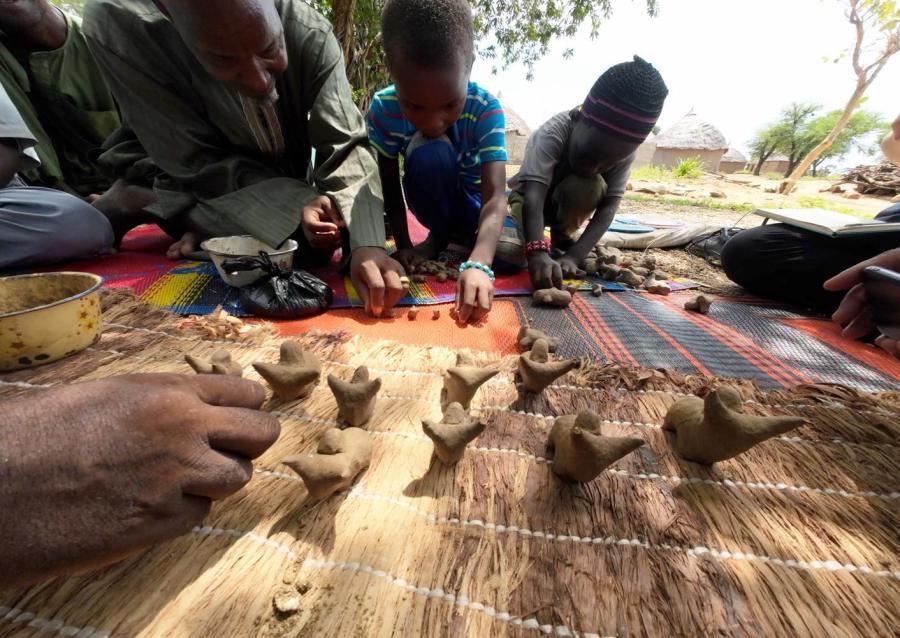Indigenous peoples and Arab migrants have coexisted for centuries in the Darfur region of Sudan. Dominant tribes welcomed the settlement of other groups and recognized them in local governments. But in the past 30 years, recurrent episodes of drought and desertification have plagued the region, leading to conflicts over resources and livestock within and between Arab and indigenous groups.
In February 2003, the Sudan Liberation Army and the Justice and Equality Movement rebel groups were formed by members of the Fur, Zaghawa, and Masalit to demand reparation of the marginalization of Darfur and denounce the government's failure to protect the indigenous population from Arab nomad raiders.
In response, the Sudanese government mobilized a guerilla force, the Janjaweed, to target and attack civilian populations from the Fur, Zaghawa, and Masalit tribes. The violence has now mushroomed into a dire humanitarian crisis in which more than 1 million refugees have been internally displaced, while approximately 200,000 have sought refuge in bordering Chad.
The Fur, Zaghawa, and Masalit speak Nilo-Saharan languages and practice Islam in addition to traditional religious practices. The Fur are the largest ethnic group in Darfur, with a population of approximately 744,000 (Darfur means “homeland of the Fur”). They cultivate food for subsistence and to sell. Their primary crop is dukhn (millet), which is used to make their staple food asida, a thick porridge paste. Dukhn beer is an important part of the Fur diet that has been maintained even though Islam prohibits the consumption of alcohol.
The roughly 171,000 Zaghawa live primarily along the border between Sudan and Chad in northern Darfur. Zaghawa are semi-nomadic and rely on camel and cattle herding in addition to limited agriculture and gathering.
Masalit are also agriculturalists; they grow millet, sorghum, peanuts, okra, and certain fruits. Like other sedentary groups in Darfur, age-old clashes with pastoralists over land and resources were once resolved by traditional methods of conflict resolution. But since the 1970s severe drought, easier access to firearms, and the lack of a democratic atmosphere have caused tremendous conflict.
The current conflict has forced Fur, Masalit, and Zaghawa people to flee their ancestral lands in search of refuge. An attack by the Janjaweed makes a village uninhabitable—their “scorched earth” campaign leaves all vegetation destroyed, takes livestock, and burns structures to the ground. Villagers have found their drinking water contaminated by carcasses—both human and animal—shoved into wells. Called a “humanitarian emergency of catastrophic proportions” by U.N. Secretary-General Kofi Annan, the conflict in Darfur is threatening not only indigenous peoples’ cultures, but their existence.

